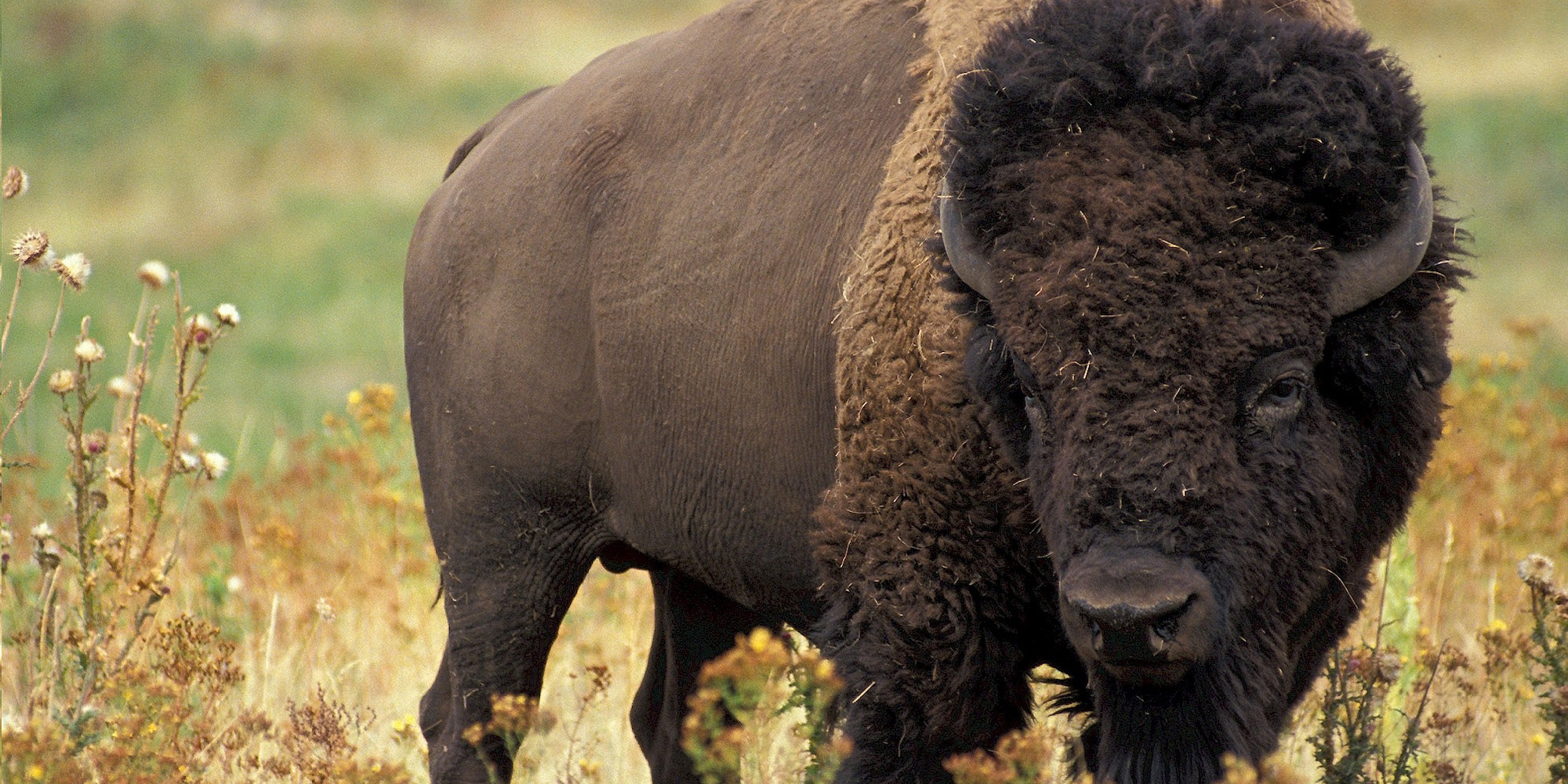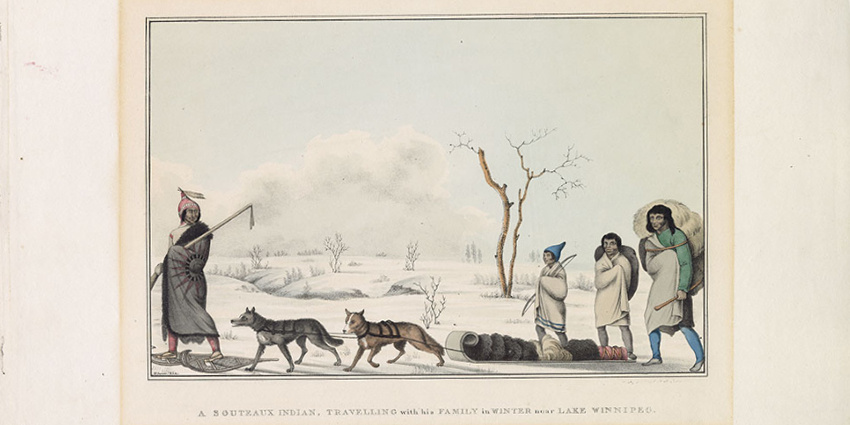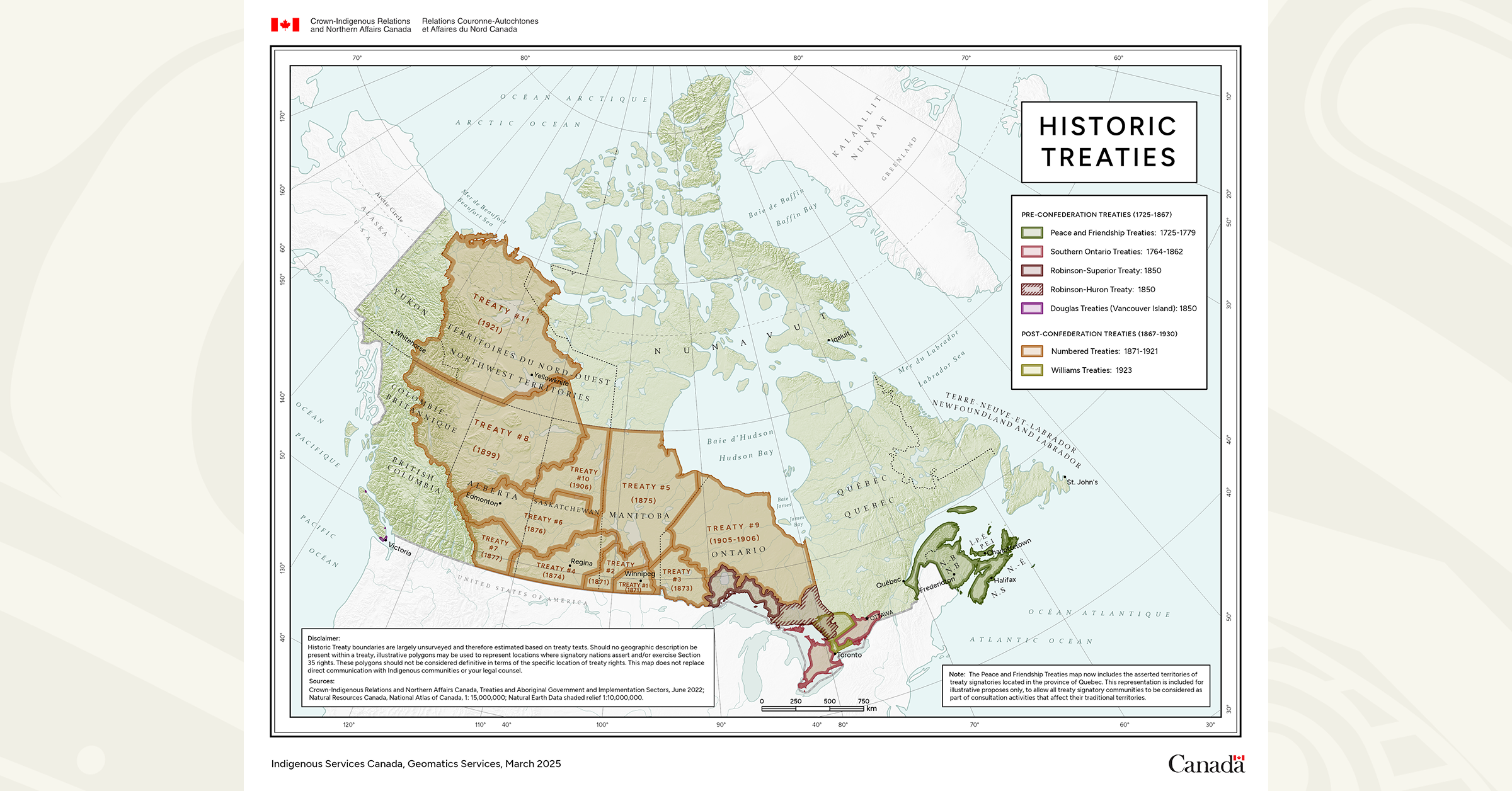Historic Treaty No.6 Summit
Indigenous Peoples of Turtle Island (Canada) have always had a unique relationship with the British Monarchy through the Treaties that were agreed to...

In the West Moberly case, the Court of Appeal upheld an Order of the BC Supreme Court declaring that the Crown was in breach of its duties to consult and accommodate the West Moberly First Nations when granting permits to First Coal Corporation regarding its advanced exploration program.
The Court of Appeal’s decision focused on two decisions of the lower court:
The West Moberly First Nations argued they had a right to hunt caribou under Treaty 8 and more specifically the Burnt Pine caribou herd. The court agreed, stating that the West Moberly First Nation had the species-specific right to hunt the Burnt Pine caribou herd, but that this right did not detract from their general right to hunt on the traditional Treaty lands.
The lower court considered that the past events of the coal mining operation had a cumulative effect leading to the depletion of the Burnt Pine caribou herd. The Court found that the Crown failed to provide meaningful consultation because it failed to appreciate and consider the past and future impacts to the West Moberly First Nations of the mining operations and their constitutionally protected right to hunt the Burnt Pine caribou herd.
The Court held that the Rio Tinto case was “distinguishable from this case because in Rio Tinto there was a finding that the sale of excess power would have no adverse effect on the Nechako River fishery. Here, there is a link between the adverse impacts under review and the “past wrongs”. However, Rio Tinto is applicable for the more general proposition that there must be a causative relationship between the proposed government conduct and the alleged threat to the species from that conduct. It is fair to say that decisions, such as those under review in this case, are not made in a vacuum. Their impact on Aboriginal rights will necessarily depend on what happened in the past and what will likely happen in the future. Here it could not be ignored that this caribou herd was fragile and vulnerable to any further incursions by development in its habitat. Thus, although past impacts were not specifically “reeled” into the consultation process, neither could the result of past incursions into caribou habitat be ignored.
While past impacts play a part in the consultation process the Court held that this doesn’t mean that the past impacts must be fully accommodated in order to fulfil the requirement of accommodation The Court held that the Crown wasn’t required to rehabilitate the caribou herd to accommodate for its reduction due to the past mining activities, but rather to focus on the protection of what remains of the herd.
As the Supreme Court of Canada declined to hear an appeal brought by the Crown, these issues of past impacts on consultation and accommodation remain uncertain.
This is an excerpt from the 3rd edition of our book Working Effectively with Indigenous Peoples®.
[1] West Moberly First Nations v. British Columbia (Chief Inspector of Mines) 2011 BCCA 247
Featured photo: Chief Roland Willson, chief of the West Moberly First Nation, addresses reporters outside the courthouse. Photo: Leadnow Canada, Flickr.

Indigenous Peoples of Turtle Island (Canada) have always had a unique relationship with the British Monarchy through the Treaties that were agreed to...

The history of extinguishment of First Nation title has its roots in old or historic treaties as shown from the excerpt below from Treaty 3, between...

Treaty-making is not anything new in Canada. In fact, treaties pre-date the creation of the country and were instrumental in shaping what became...